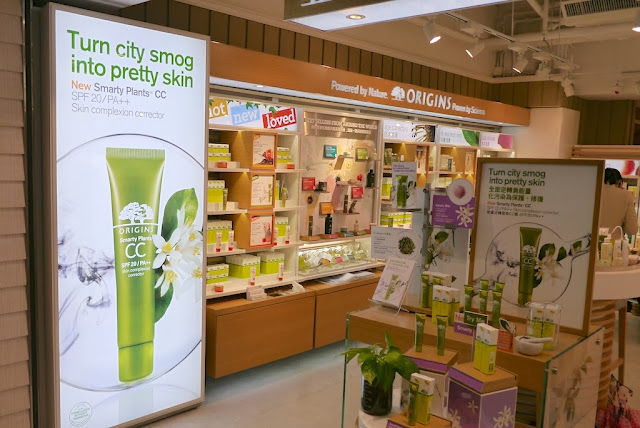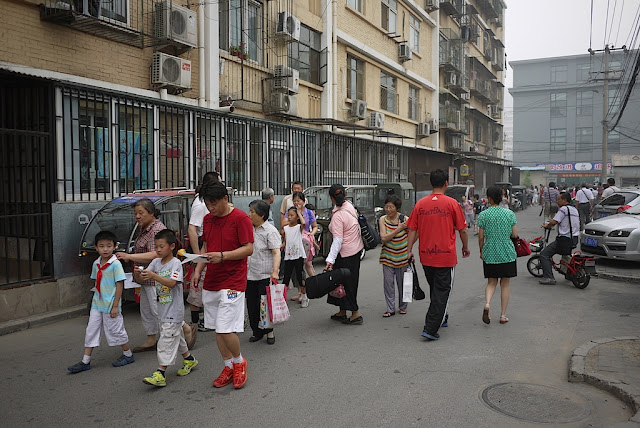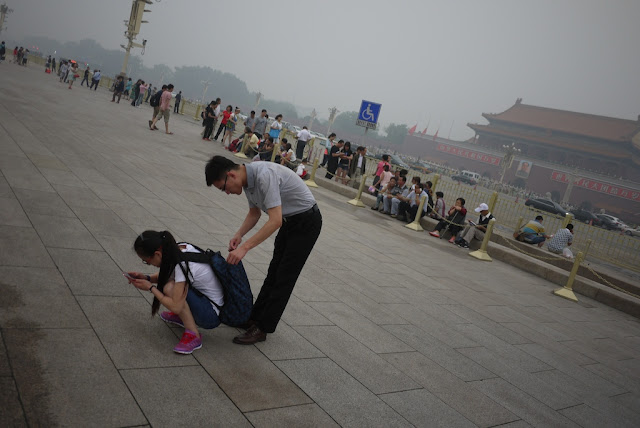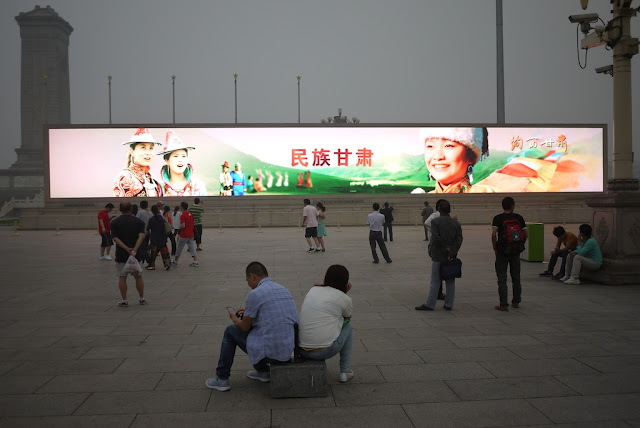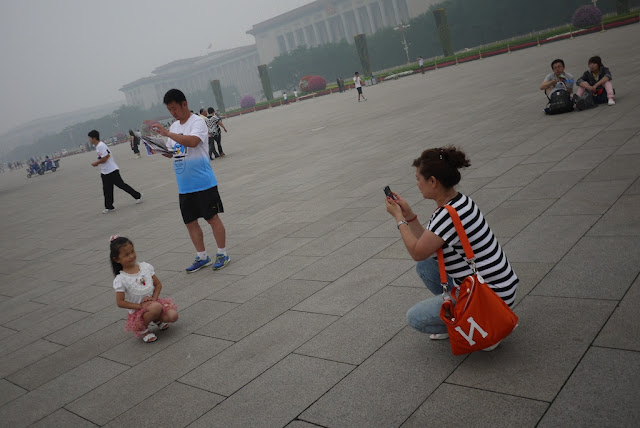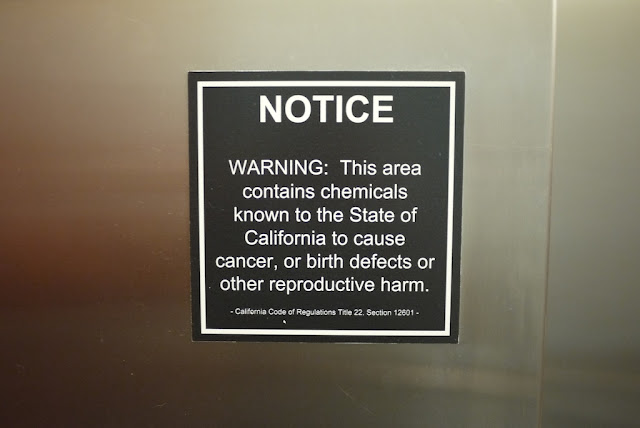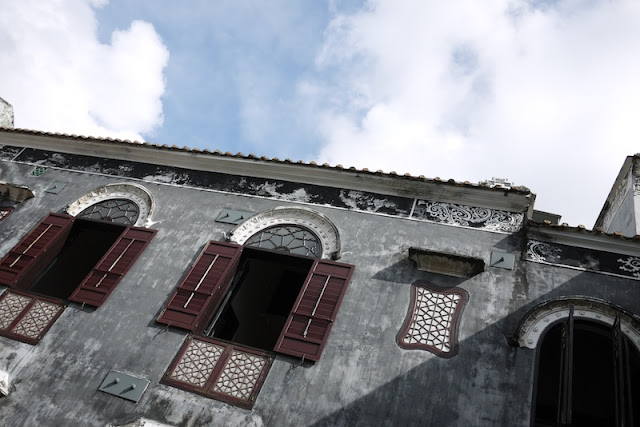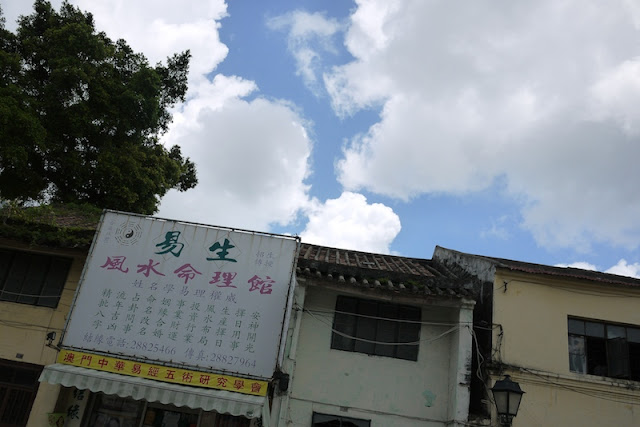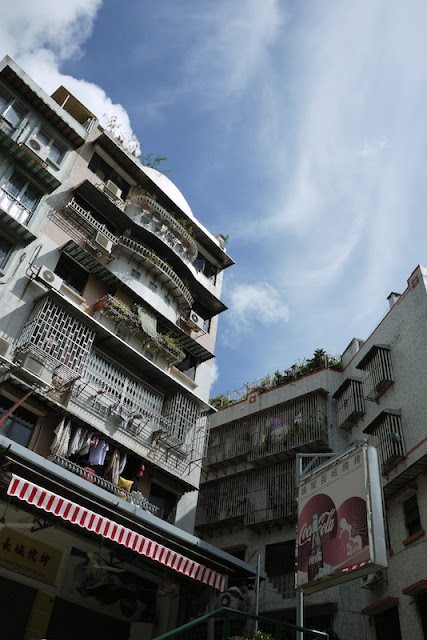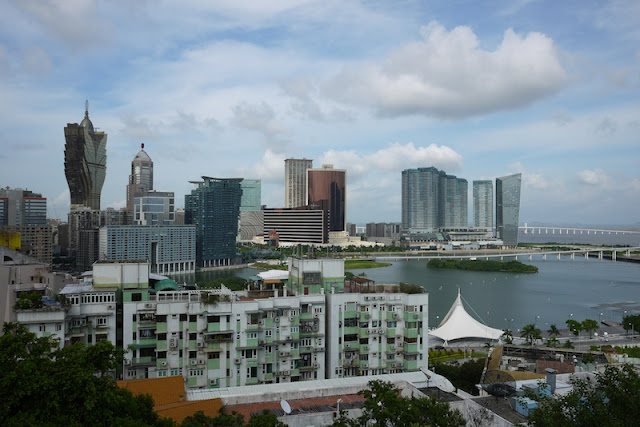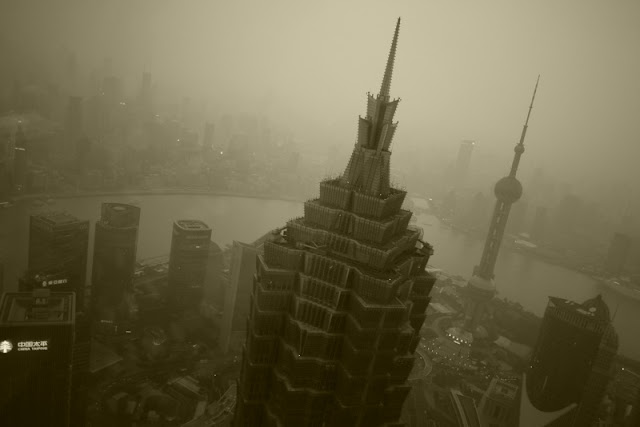I previously shared an example of an advertisement in Beijing which included a smog filled scene. In Hong Kong, another city where air pollution is problem, as I walked by a store selling cosmetics made by Origins, a US brand, I saw smog being used in a more explicit manner to promote a product:
The Smarty Plants CC SPF 20 Skin complexion corrector featured in the display is available elsewhere, including the US. On its US website Origins claims that "Our super-smart antioxidant infused formula helps neutralize skin damaging effects of city smog and pollution." Of note, the site does not include the image of smog apparently transforming into flowers and the statement "Turn city smog into pretty skin" that can be found on the Hong Kong website and in the above scene (also seen in material for Malaysia, Singapore, and Taiwan):
As I walked away from the store what I most thought about was not the claim that smog could be turned into pretty skin but instead the implications that the display was a sign of how much pollution has become a part of everyday life in Hong Kong.
And it may also be a sign of how some people are trying to approach pollution pragmatically. Sometimes you just have to make the best out of a situation. As they say, "when life gives you smog, make smog flowers".
The Smarty Plants CC SPF 20 Skin complexion corrector featured in the display is available elsewhere, including the US. On its US website Origins claims that "Our super-smart antioxidant infused formula helps neutralize skin damaging effects of city smog and pollution." Of note, the site does not include the image of smog apparently transforming into flowers and the statement "Turn city smog into pretty skin" that can be found on the Hong Kong website and in the above scene (also seen in material for Malaysia, Singapore, and Taiwan):
As I walked away from the store what I most thought about was not the claim that smog could be turned into pretty skin but instead the implications that the display was a sign of how much pollution has become a part of everyday life in Hong Kong.
And it may also be a sign of how some people are trying to approach pollution pragmatically. Sometimes you just have to make the best out of a situation. As they say, "when life gives you smog, make smog flowers".

